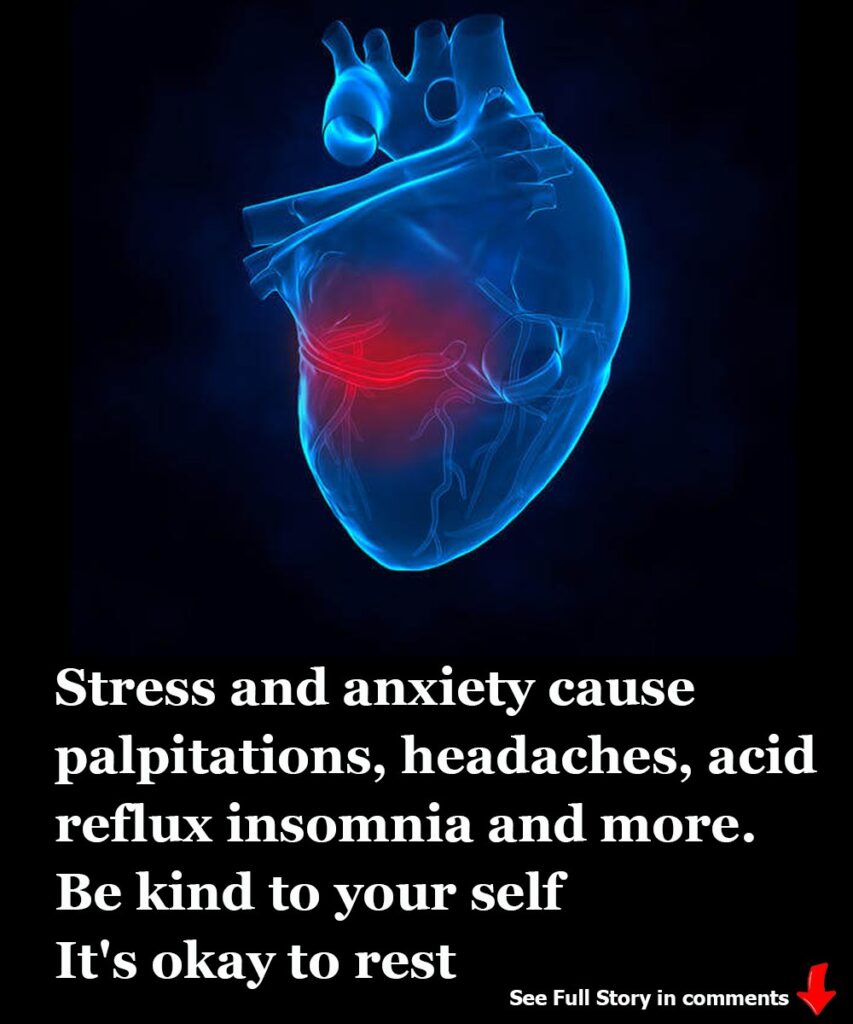
4. Insomnia and Poor Sleep Quality
When stress keeps your mind racing at night, it can be hard to fall or stay asleep. Over time, poor sleep can weaken the immune system, increase inflammation, and worsen anxiety. Creating a nighttime routine and practicing relaxation techniques can help restore quality sleep.
5. Weakened Immune System
If you find yourself getting sick often, stress could be to blame. Chronic stress weakens the immune system, making you more susceptible to colds, infections, and other illnesses. This happens because stress hormones suppress the body’s natural defense mechanisms.
6. Muscle Pain and Tension
Stress causes the body to remain in a constant state of alertness, leading to tight muscles, stiffness, and body aches. This is especially common in the neck, shoulders, and back. Over time, prolonged muscle tension can contribute to chronic pain conditions like tension headaches and even fibromyalgia.
7. Anxiety and Depression
Beyond physical symptoms, chronic stress can impact mental health, increasing the risk of anxiety and depression. Feelings of worry, sadness, and irritability can become overwhelming, affecting daily life and relationships. If stress is leading to ongoing mental health struggles, seeking professional support is important.
Take Time to Rest and Recharge
Your body is always communicating with you—stress-related symptoms are its way of saying, “Slow down.” Rest is not a luxury; it’s a necessity for maintaining your health. Simple practices like deep breathing, meditation, gentle exercise, and spending time in nature can help lower stress levels.
Prioritize self-care, listen to your body, and remember: it’s okay to rest.









